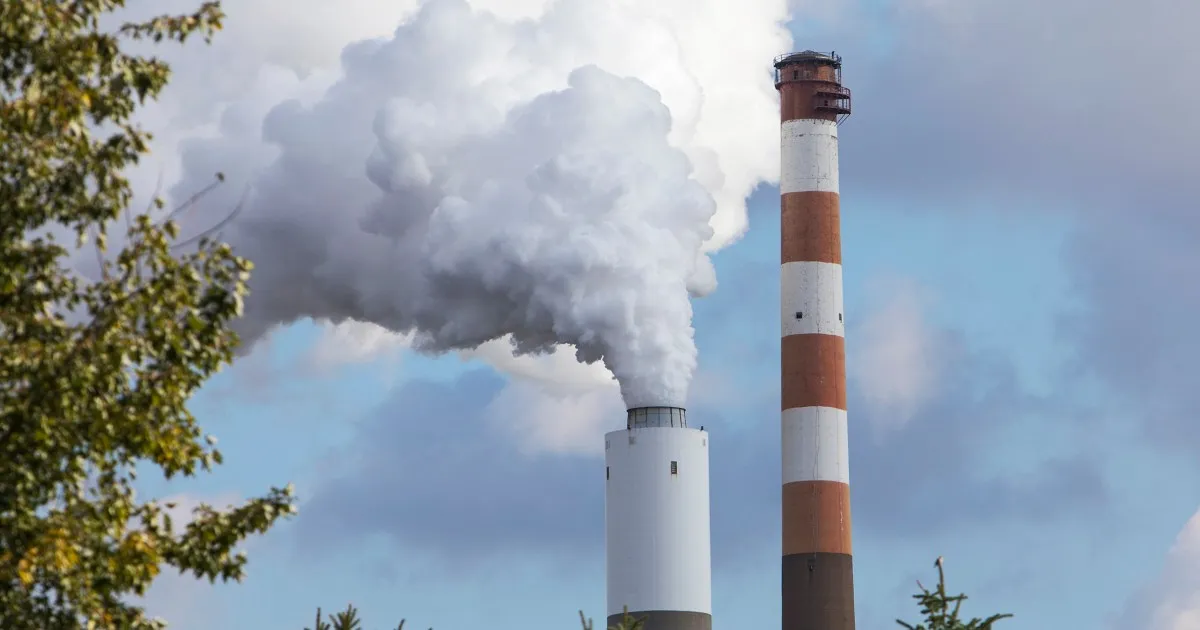
In a significant move, over 85 leading climate scientists have publicly criticized the Trump Energy Department's recent climate assessment. This assessment, which is being used to justify the rollback of federal greenhouse gas regulations, has been deemed inadequate in terms of scientific integrity. The group, spearheaded by renowned professors Andrew Dessler from Texas A&M University and Robert Kopp from Rutgers University, submitted a comprehensive review exceeding 400 pages. This review was prepared in response to an assessment composed by five scientists selected by Energy Secretary Chris Wright, who are known for their contrarian views on mainstream climate science.
The scientists assert that the report produced by Wright’s Climate Working Group “fails to adequately represent the current scientific understanding of climate change.” They highlighted a lack of balance in perspectives, stating, “No attempt appears to have been made to balance the points of view represented on the Climate Working Group; rather, this group appears to have been personally recruited by the Secretary of Energy to advance a particular viewpoint favored by DOE leadership.” This raises concerns regarding the integrity of the scientific process and the potential implications for climate policy.
Upon the report's release in July, Secretary Wright acknowledged the reality of climate change but emphasized the importance of fostering public debate on the issue. He asserted, “I’ve reviewed the report carefully, and I believe it faithfully represents the state of climate science today.” Wright also noted that many readers might find the report's conclusions surprising, as they diverge from the mainstream narrative. He suggested that such differences indicate a shift in public discourse away from established scientific consensus.
The group of 85 scientists expressed concerns that the Energy Department's assessment relied excessively on debunked research, misinterpreted significant studies, and neglected to implement a proper peer-review process, which is essential for establishing credibility. In stark contrast, reports from the Intergovernmental Panel on Climate Change (IPCC) and the U.S. National Climate Assessment boast thousands of contributors and rigorous independent reviews. These well-respected reports consistently indicate that climate change is escalating, with observable impacts occurring globally.
Andra Garner, a climate scientist involved in the review, remarked, “The report privileges the outdated views of individual dissenters rather than the consensus of scientists.” She emphasized that the assessment appears to be crafted to support specific policy decisions, rather than serving as an unbiased synthesis of the current state of climate science.
As of Monday, the Energy Department had received over 2,000 comments regarding the controversial report, ahead of the deadline for public input. This overwhelming response underscores the importance of scientific integrity in climate policy discussions and the ongoing debate surrounding the best approach to addressing the challenges posed by climate change.